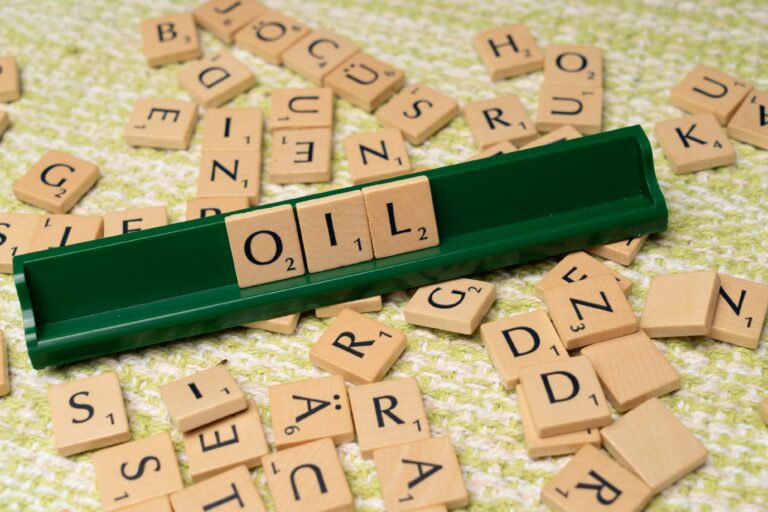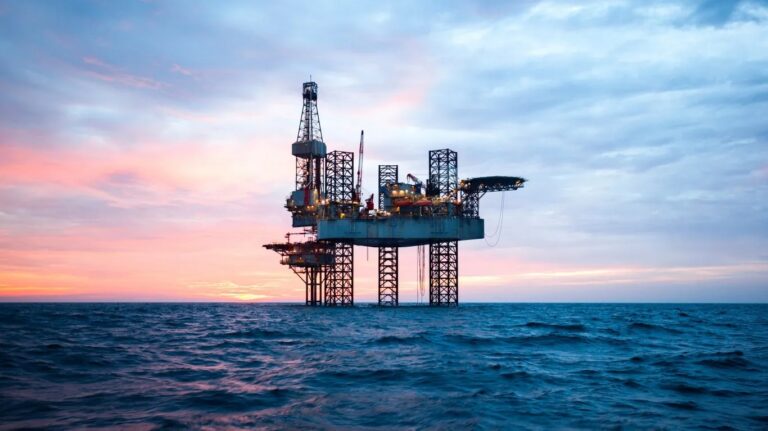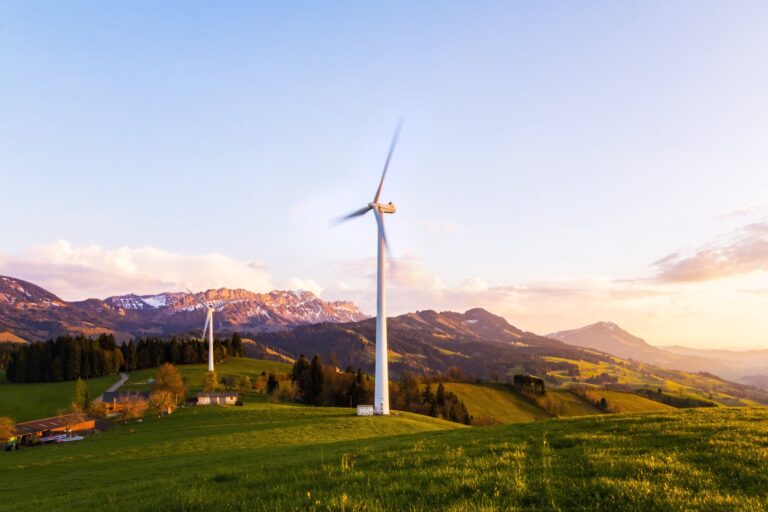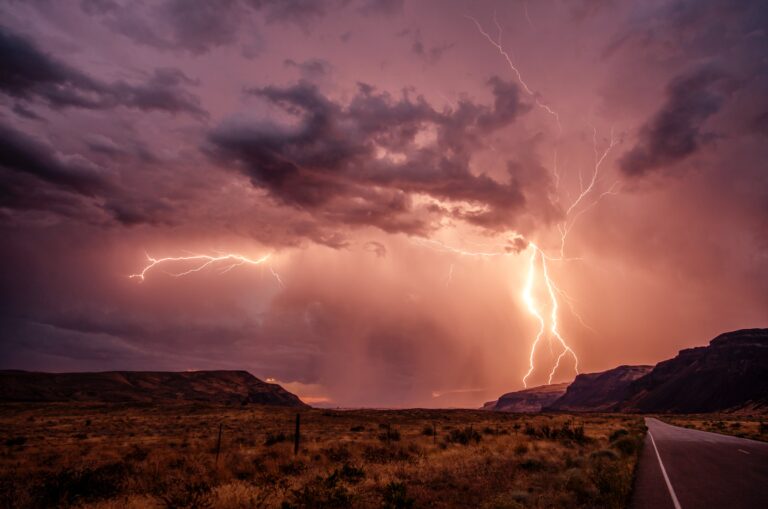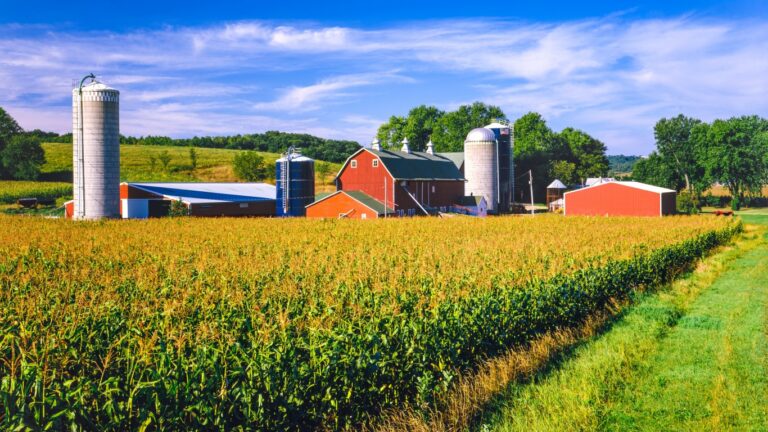Will the F-word swing the presidential election?
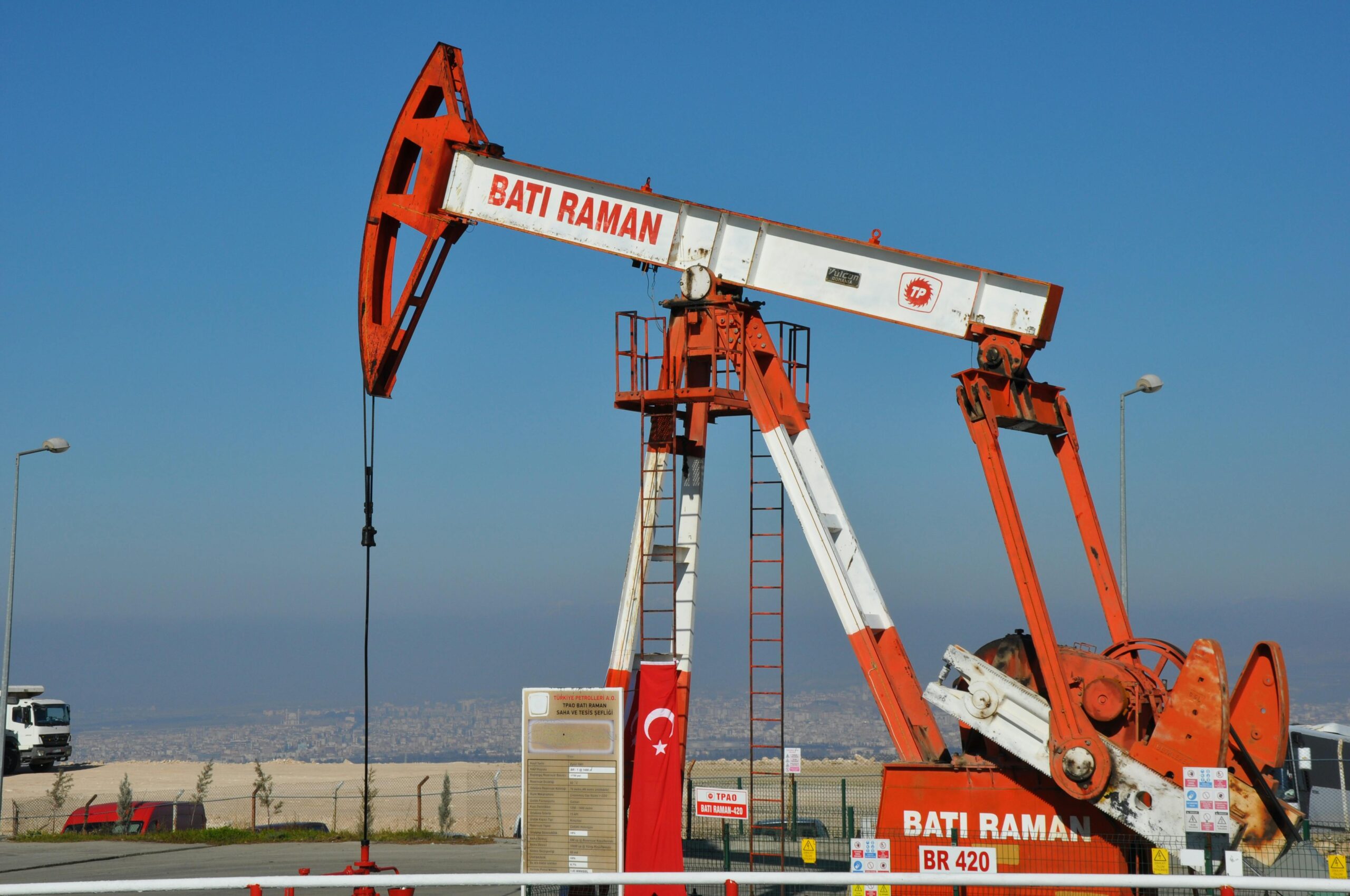
(Bill Sternberg is a veteran Washington journalist and former editorial page editor of USA Today.)
PORT ST. LUCIE, Fla. (Callaway Climate Insights) — Just hours after President Joe Biden’s earth-shaking announcement on July 21 that he would not seek re-election, commentators on CNN were already discussing the potential vulnerabilities of Vice President Kamala Harris, were she to receive the Democratic nomination. One of the pundits brought up Harris’ past support for a ban on fracking, the controversial process of using hydraulic fracturing to extract oil and natural gas from underground rock formations.
Another commentator, Democratic strategist Paul Begala, seemed incredulous. “Fracking? We’re talking about fracking?” Begala said, echoing the famous rant by ex-basketball star Allen Iverson of the Philadelphia 76ers, dismissing the importance of practice.
Yes, Paul, we’re talking about fracking. Donald Trump can be expected to do so early and often in the presidential debate scheduled for Sept. 10 in Philadelphia. And it’s possible that, in a razor-thin contest, the candidates’ positions on fracking could play a consequential role in the outcome.
Many debate viewers across the United States will undoubtedly be mystified by a back-and-forth between Trump and Harris over fracking. Surveys show that most people don’t really know what fracking is or that they are vaguely aware that it has something to do with energy production. But in Pennsylvania, the No. 2 natural gas producer in the nation and arguably the most important battleground state in this year’s presidential election, fracking has very high name recognition indeed.
It’s not hard to understand why. In the past 15 years, Pennsylvania has undergone an astonishing natural gas boom. Production soared from 198,295 MCF (million cubic feet) in 2008 to 7,619,721 MCF in 2023 — a 38-fold increase. According to an analysis commissioned by the Marcellus Shale Coalition, an industry group, the natural gas industry supported about 123,000 jobs in the state in 2022, with an average wage of $97,000; paid $6.3 billion in royalties; and generated $3.2 billion in state and local tax revenue. The shale gas boom has helped revitalize economically depressed areas in southwest Pennsylvania and along the state’s northern tier.
At the same time, fracking has generated health and safety concerns, many of them involving the chemicals that, along with water and sand, are used to fracture rock formations. Most notoriously, the Emmy-winning documentary “Gasland” featured residents in the small community of Dimock in northeast Pennsylvania lighting their tap water on fire, apparently because a company drilled faulty gas wells that leaked methane.
Harris, in her unsuccessful bid for the 2020 Democratic presidential nomination, appealed to these environmental concerns. “There’s no question I’m in favor of banning fracking,” she said then. After being selected as the running mate for Biden, a Pennsylvania native, she walked back that position, and she told CNN last Thursday that she wouldn’t ban fracking as president.
This has given Trump an opening to attack Harris as a flip-flopping opportunist who would threaten the economic vitality of Pennsylvania, which has the most electoral votes — 19 — of any of this year’s key swing states. Trump won the state by 44,292 votes in 2016 when he beat Hillary Clinton and lost the state by 80,555 votes in 2020 when Biden defeated him.
Trump’s strategy this year involves trying to run up the biggest possible margins of victory in conservative rural areas to offset Democratic dominance in the big cities. (Democratic political consultant James Carville has described Pennsylvania as “Philadelphia and Pittsburgh with Alabama in between.”) Trump was campaigning in Butler County, Pennsylvania’s No. 7 gas-producing county, on July 13 when a would-be assassin’s bullet grazed his ear.
Christopher Borick, director of the Muhlenberg College Institute of Public Opinion in Allentown, Pa., told me that fracking isn’t a top-tier issue for most Pennsylvanians, whose votes are largely baked in. “But nevertheless, given Pennsylvania’s very tight history in presidential outcomes, the little things often matter a lot,” Borick hastened to add. “And fracking has the potential to be one of those little things with outsize impact.”
Muhlenberg polling shows that 86% of Pennsylvanians regard drilling for natural gas as important to the state’s economy; in 2022, 48% said they support fracking (up 9 percentage points in a decade) and 44% said they oppose the process (down 5 points from a decade earlier).
Trump will try to use fracking as part of his strategy to cast Harris as a radical environmentalist who is unconcerned about inflation. “She’s against fracking, she’s against oil drilling, she wants everyone to have one electric car and share it with the neighbors,” Trump said at his first rally in Pennsylvania after the assassination attempt, deploying his characteristic combination of hyperbole and falsehoods. He’ll be helped by a barrage of political ads financed by the natural gas industry.
Harris, meanwhile, will try to move toward the political sweet spot occupied by Democratic officeholders in Pennsylvania such as Gov. Josh Shapiro and Sen. Bob Casey, a stance that can best be summarized as “frack responsibly” or “frack with care.” Can she get there? “That’s a really good question,” Borick says. “Any time you change policy positions, you are going to have to work hard to convince people that you really have made a change.”
The Biden administration has been funneling infrastructure and Inflation Reduction Act clean-energy money into the Keystone State, but the lag time has been long and the impact on people’s lives has been slow. One thing working in Democrats’ favor: Trump’s willy-nilly “frack, baby, frack” rhetoric could turn off some suburban Philadelphia voters who support the industry but think it should be more tightly regulated and who have concerns about climate change.
Odds are that the election won’t come down to a small number of fracking-focused votes in Pennsylvania. That said, it’s worth recalling that the 2000 presidential election was decided by 537 votes in Florida and a confusing ballot design in Palm Beach County. In such a closely divided nation, there’s no reason something like that couldn’t happen again.
Sponsor
Find a Vetted Financial Advisor
- Finding a fiduciary financial advisor doesn't have to be hard. SmartAsset's free tool matches you with up to 3 financial advisors that serve your area in 5 minutes.
- Each advisor has been vetted by SmartAsset and is held to a fiduciary standard to act in your best interests. Get on the path toward achieving your financial goals!

